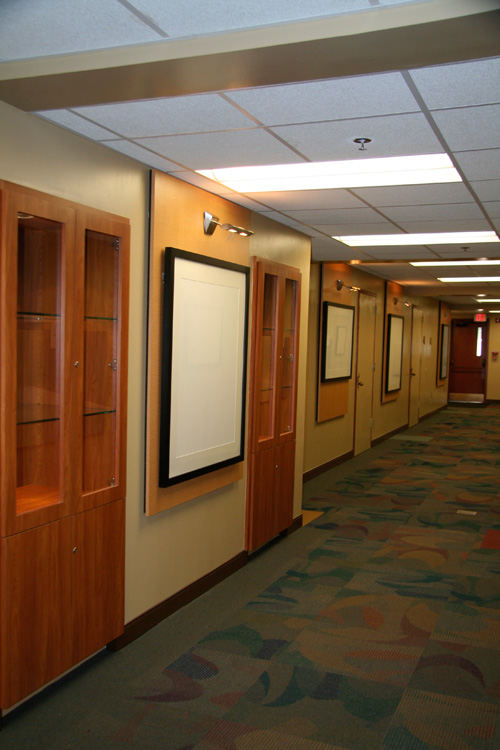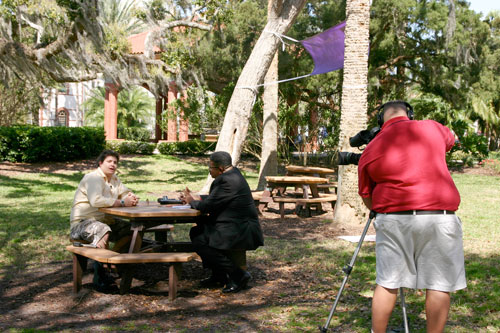By Danielle Marsh & Haley M. Walker | dmarsh1@flagler.edu
Flagler College senior Julie Harvey, said she is disappointed she cannot share the moment that she will walk across the stage to receive her college degree with her entire family.
“I mean wouldn’t you want all the people who have loved and supported you through your career as a student to see you succeed?” Harvey said.
She said she is disappointed and upset about the lack of graduation tickets given out for this upcoming spring graduation, which is including around 400 graduates.
Harvey said that she feels there must be a better solution to this problem. She said she would like to see the graduation be held at a different location so that everyone can enjoy the celebration together.
“It’s silly attempting to fit everyone into a small venue, particularly when this graduating class is one of the larger classes to pass through Flagler,” Harvey said. “The most obvious solution would be to hold the ceremony somewhere else that would be more conducive, and definitely more comfortable, for the amount of people that are anticipated.”





